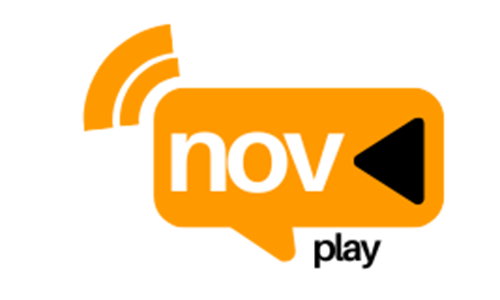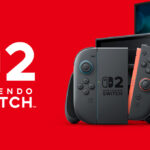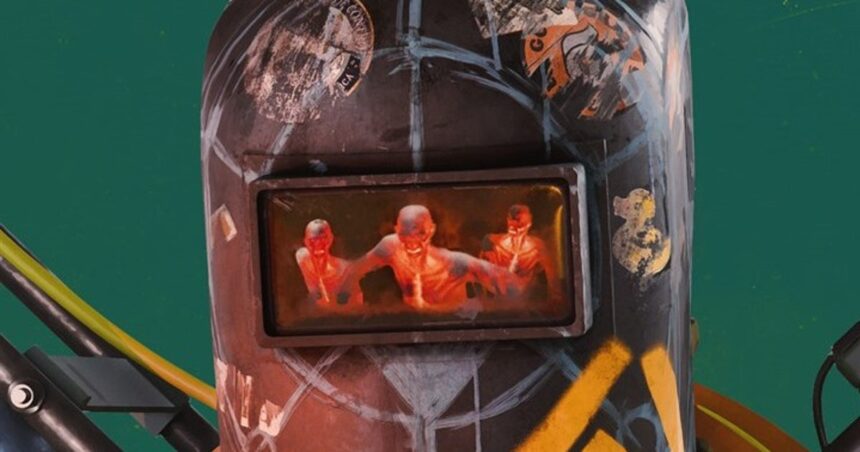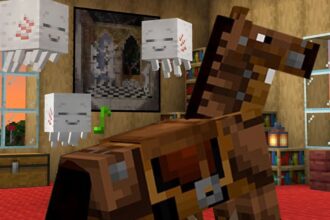My initial feelings about FBC: Firebreak, the latest project from Remedy, lean toward cautious optimism. After immersing myself in the game for a few hours, especially as the mechanics began to solidify later on, it seems that this late-game cohesion could actually be a strong point. This notion is something I highlighted during our lengthy preview. Nonetheless, it’s hard to ignore the current skepticism surrounding live-service multiplayer games, particularly those coming from studios primarily known for single-player narratives.
During my discussion with game director Mike Kayatta, lead designer Anssi Hyytiäinen, and PR director Thomas Puha, the studio’s upbeat strategy became clear. They provided several engaging reasons to back their optimism.
Hyytiäinen noted, “A central topic in player engagement is the contentious practices surrounding retention.” Instead of implementing typical features found in many live-service titles, such as battle passes or daily challenges, Firebreak takes a more straightforward route. Players can enhance their gear and acquire perks solely through gameplay, utilizing resources gathered throughout their matches.
Hyytiäinen emphasized Remedy’s goal of crafting a game where players can engage at their own rhythm. “We designed shorter session lengths. We contemplated our own gaming habits—what type of experience would allow for easy entry and exit without feeling overwhelmed?” he explained. “No one wants to spend more time deciphering complex mechanics than actually playing the game.”
Kayatta shared similar sentiments, reminiscing about games like Left 4 Dead. “We looked back and said, ‘Wasn’t that experience just wonderful?’ It felt great to buy a game, enjoy it at our own pace, and jump in whenever we wanted, without the continual stress of battle passes or seasonal content hanging over us.”
“I’m not saying all those things are always evil…”
He elaborated, “While I’m not claiming that all monetization methods are inherently negative, they often dictate when and how players should engage—with pressures extending beyond gameplay. Players feel compelled to keep coming back on a forced schedule,” he mused.
In contrast, Kayatta and his team are adopting a different philosophy: “What if we design a game that allows players to participate on their own terms? If someone plays just an hour a week and then takes a break, that’s completely acceptable. We want to craft a product that accommodates that kind of flexibility, even in a multiplayer setting.”
This flexibility is reflected in Remedy’s choice to launch Firebreak directly on platforms like Xbox Game Pass and PlayStation Plus. I asked if this decision eased some of the pressure, especially in light of the troubled launches seen by other multiplayer games like Sony’s Concord.
“From an industry perspective, there’s always the worry about potential sales cannibalization,” Kayatta admitted. “However, putting games on services like Game Pass isn’t without its drawbacks. I wouldn’t consider it a fallback plan,” he added, clarifying that reliance on subscription services alone isn’t a viable strategy. Still, he recognized the partnerships with Game Pass and PS Plus as significant benefits.
PR director Thomas Puha clarified their deliberate choice not to label Firebreak as a “games-as-a-service” title. “That term often carries negative connotations associated with features like battle passes, and we’re definitely steering clear of that,” he stated.
“[It’s] a very contested market – but then everything is contested…”
Puha also pointed out the competitive landscape, saying, “We realize that this area is fiercely contested, much like single-player games. Competing with the biggest names in gaming is daunting. There’s truly no point in crafting an experience that demands daily engagement. The infrastructure needed for that model isn’t in our budget. What would be the end goal?”
A crucial part of Remedy’s strategy involves developing multiple projects at the same time—an approach they’ve adopted since 2016. “This method helps us spread the risk; it’s nearly impossible to depend on a single project to succeed,” he explained. “Our aim is to release something new every year.”
Moreover, the team developed FBC: Firebreak on a significantly tighter budget than many other multiplayer titles. “We need this game to excel, but our expectations are grounded,” Puha remarked, noting their relatively small development team of around 50, in contrast to the hundreds involved in their previous game, Control. “This isn’t a massive, years-long undertaking.”
For Kayatta, the driving force behind FBC: Firebreak is clear. “There’s a layer of skepticism regarding multiplayer games, especially those from studios recognized for single-player experiences,” he acknowledged, admitting he shares similar concerns as a player.
“Yet, what makes this project fulfilling is knowing our development springs from genuine passion, not cynicism. We’re leveraging our creativity to explore what is truly enjoyable and intriguing,” he concluded.
This article is based on a press event held at Remedy’s headquarters, where travel and accommodations were provided by the studio.
